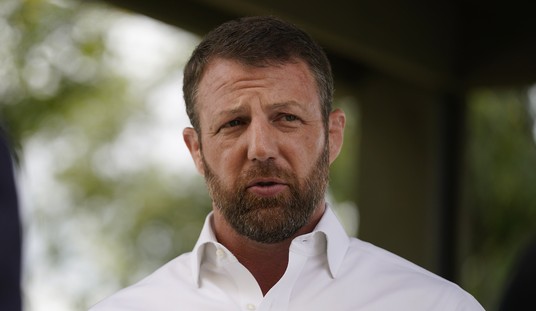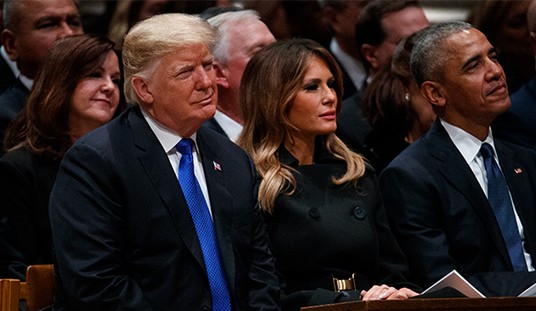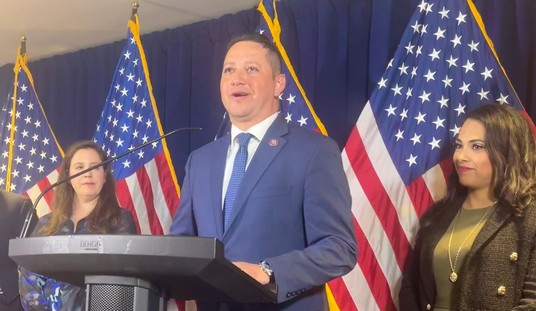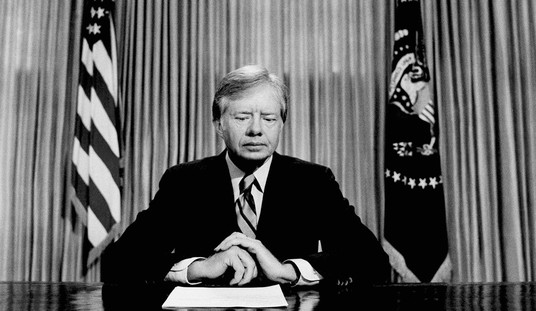Decisions about our fuel standards are not inconsequential. They move forward an agenda that rewards some energy sectors while punishing others, and at the same time, moves taxpayer dollars right along with those rules and subsidies.
Under the current requirements of the Clean Air Act, the EPA can certify a new fuel for the marketplace as long as it does not increase emissions. As a result, when the ethanol lobby requested the EPA allow a higher concentration of ethanol in gasoline, based on a narrow test by the Department of Energy, the agency determined E15 could be used in vehicles made after 2001.
I sought input from 14 major US Automakers on how E15 would affect their vehicles. They unanimously reported the higher blend would void warranties, reduce fuel efficiency, and cause premature engine damage. Recent testing by the Coordinating Research Council on engine durability also showed that E15 could cause engine failure.
EPA did not perform any tests on engine durability, but pointed to DOE tests as adequate. Their answers only confirmed that the testing was inadequate, and at times, the agencies contradicted each other. For instance, in responding to a question on engine durability, EPA claims the testing “provided a robust means of determining E15’s impact on the durability of all vehicle components.”
But DOE’s response to a similar question states that they did not “conduct testing specifically designed to accelerate engine wear and stress as is sometimes done to test engine durability.” If EPA is going to stand by the DOE test, they should at least ensure that DOE believed it to be thorough.
To attempt to reconcile these views, I asked the EPA and Department of Energy to answer several questions I had regarding the scientific evidence of their decision. But regardless of questions raised by their own testing, because of the current, limited requirements under the Clean Air Act, the EPA can move forward with registering fuels without considering the effects on vehicle engines.
I introduced H.R. 3431 to amend the Clean Air Act. The legislation requires the EPA to also certify that a new fuel will not cost American drivers by causing premature engine failure or forcing them to fill up more often at the pump. Adding these new certification requirements will help provide Americans with a better overall product.
Not surprisingly, the ethanol lobby is not happy, asserting that the bill “missed the point” of attempts to reduce America’s dependence on foreign fuel.
Reducing dependence on foreign oil is an important goal. However, the EPA should not allow new fuels without assurances that it won’t mean shorter engine life and more trips to the pump.
As Americans are trying to do more with less, Congress should ensure that the EPA considers the needs of American drivers who rely on their cars every day, not certain special interest lobbies.













Join the conversation as a VIP Member